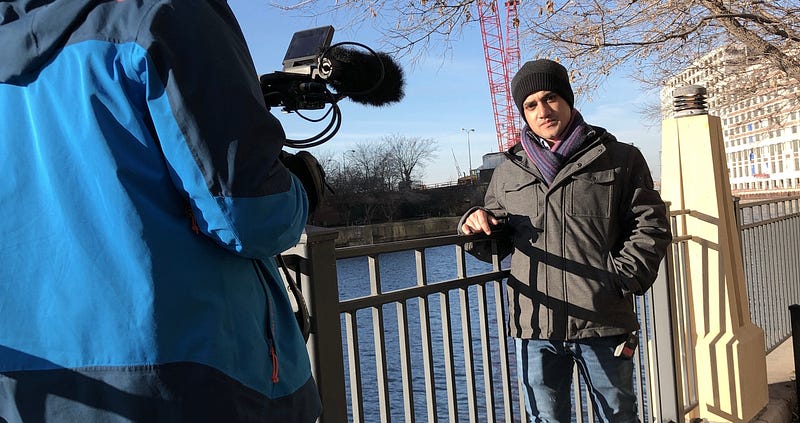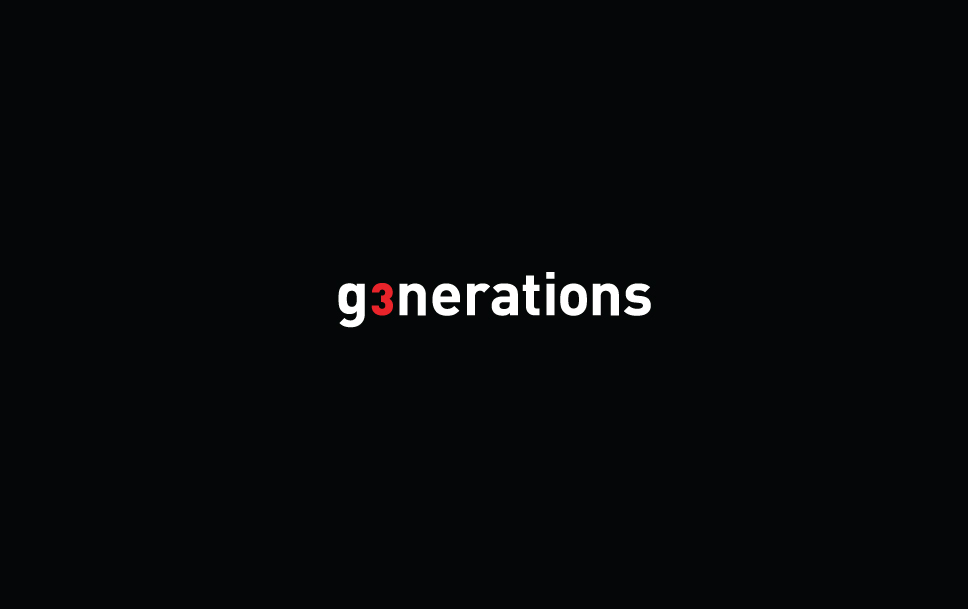Opinions
Facebook’s genocidal role
We did it. We deactivated Facebook. It’s barely a ripple in a small pond but I believe the Dalai Lama’s teaching about the power of a lone mosquito. All who have deactivated had their reasons, for many it was a combination of factors. For us there was a red line — the role of Facebook in fomenting the annihilation and dislocation of the Rohingya muslim minority in Myanmar. 3 Generations is a human rights and social justice organization. We couldn’t accept that on the other side of the world a huge American company had been playing a pivotal role in a genocide:
Members of the Myanmar military were the prime operatives behind a systematic campaign on Facebook that stretched back half a decade and that targeted the country’s mostly Muslim Rohingya minority group — The New York Times 10/15/18
Imagine if a US corporation had been behind the genocidal propaganda spewed by Radio-Television Libre des Milles Collines during the Rwandan genocide? Or supporting the Nazis during the 1930s in Germany? Unthinkable. Unacceptable.

Filming with Imran in Chicago, 12.18.18
Another recent New York Times article recommended assessing collateral damage before deactivation: at 3 Generations we called a board meeting and received a unanimous vote that the risk was worth it. My co-workers and I followed suit because we support the Rohingya and the NAACP. Working in the human rights field, we know when enough is enough.
Deactivating will impact our work. We will have to find new ways to inform the public about what we are doing and thinking. At this critical end of year giving season it will affect donations but it will be worth it because we didn’t do nothing.
This week, when we had the opportunity to film a Rohingya refugee, it felt great to not post about it on Facebook. The hypocrisy would have been unbearable. The young Rohingya man, Imran, has literally lived his whole life without basic human rights: the right to an education, to travel freely, to have papers and a legal identity. And yet he sat before us a beacon of tolerance, hope and faith. For him being in America means freedom. For the first time in his short life he has papers, he is getting an education and has a job. He exists and his life is not virtual. He has a small group of friends who have shared his journey with him. He makes weekly phone calls to his mother and siblings, still trapped in a refugee camp in Bangladesh. Everything about his presence and story is a rebuke to what is wrong with America today — xenophobia, intolerance, racism, monopolies and fake news.
Our job is to share his story widely, to help other refugees and to do so with integrity. We could do that before Facebook existed (and arguably we did so far better) and we will again.
That’s my promise to Imran and his fellow Rohingya. We will try to be a beacon of hope for your people and do so without compromising our standards. While Facebook is the tool of dictators and disinformation we will do so without its “help”.
–Jane Wells, Executive Director and Founder


